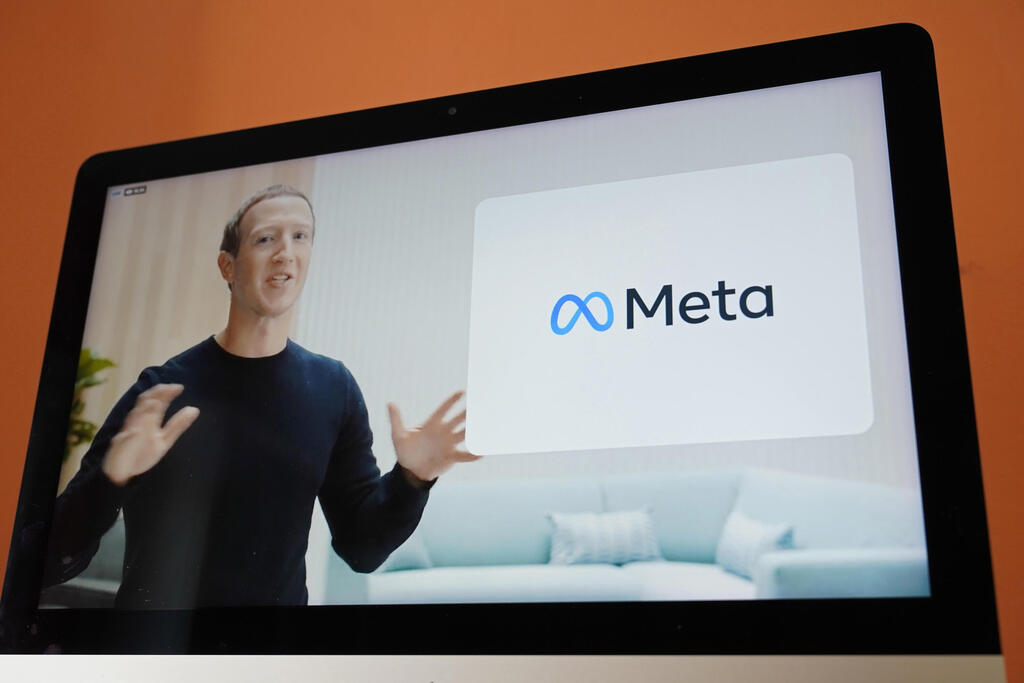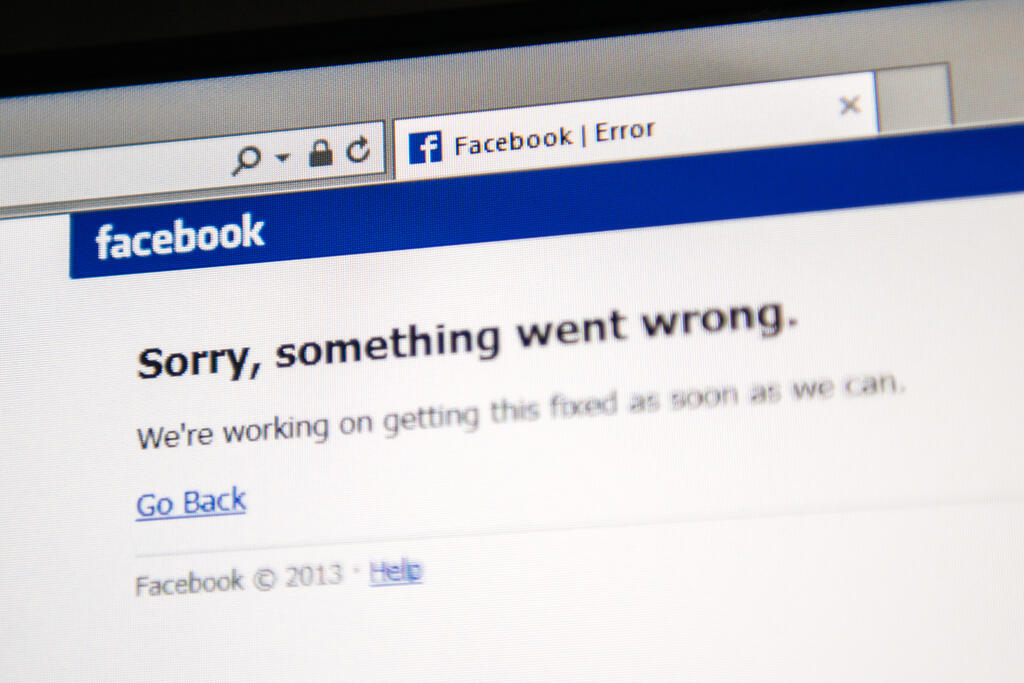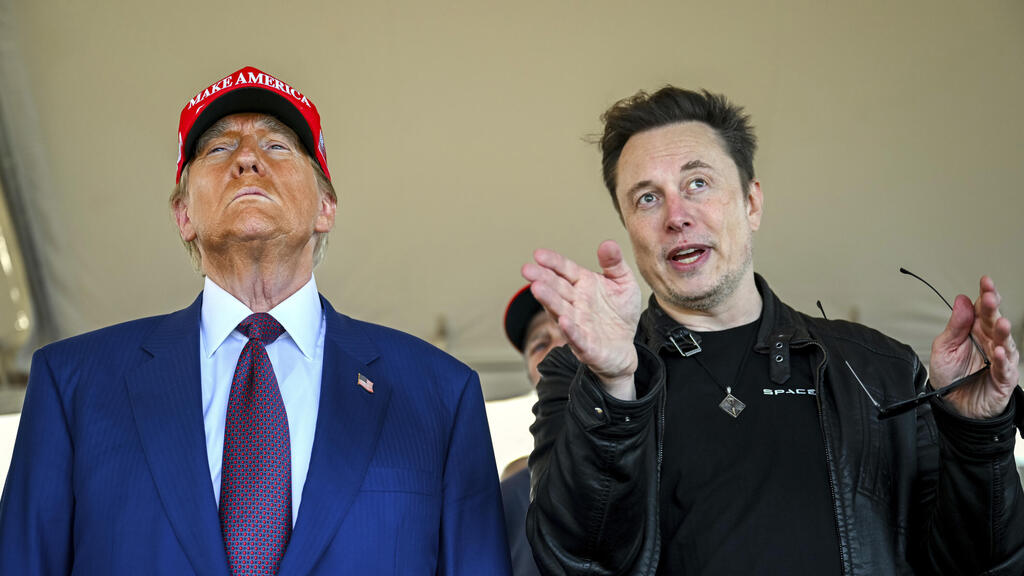Getting your Trinity Audio player ready...
Meta CEO Mark Zuckerberg’s video announcement about the cancellation of Facebook's fact-checking mechanism is something that should have happened long ago. It should have happened for many reasons—except, perhaps, for the reason that now appears to be driving Zuckerberg's decision.
Zuckerberg said the new policy aligns with Elon Musk’s approach on X, aiming to reduce censorship on topics such as immigration and gender. He also announced the reintroduction of suggested political content, claiming it reflects public demand.
To replace content moderation, Meta will implement “Community Notes,” a system designed to provide context to posts. To address concerns about political bias, the company plans to move this operation from California to Texas, which Zuckerberg suggested would create a less partisan environment. “Meta has made too many mistakes, and there has been too much censorship,” Zuckerberg acknowledged.
Content moderation is a poor fit for commercial companies like Meta, whose primary goal is profit rather than fostering healthy online discourse. It has been fueling polarization, hate speech and election interference.
Governments and courts often relied on Facebook’s willingness to enforce censorship, with Meta’s policies—allegedly influenced by the Biden administration—highlighting the limitations of state institutions in regulating online platforms.
Now, with Meta abandoning content moderation, the dynamic is poised to change—but not necessarily for the better. Critics argue that Zuckerberg is aligning with a “Trumpian” free speech model, where anything goes, including misinformation, to advance an agenda under the guise of open discourse.
Meta plans to introduce human-like bots on its platforms, signaling a shift to what some are calling the "new truth"—an era where fact-checking is obsolete and truth becomes subjective, even optional.
Get the Ynetnews app on your smartphone: Google Play: https://bit.ly/4eJ37pE | Apple App Store: https://bit.ly/3ZL7iNv
Since October 7, social media has been flooded with polarizing content, including harsh criticisms of Israel, accusations of war crimes, and calls for a Palestinian state “from the river to the sea.” Much of the inflammatory or false content remained online, allegedly because it aligned with Facebook’s interests, while pro-Israel voices advocating for Jewish sovereignty faced blocks.
Everyone was angry at Facebook and they were all right. You cannot moderate content without siding with one side of the argument against the other.
From now on, anything goes, pro-Palestinians and pro-Israelis can fight to their hearts' content, any claims can be made, AI-generated fakes or any other kind of fraud. It will be a boom for online shaming, misogyny and extreme polarization and anyone who does not like it can leave. It will be the world according to Trump.
This is not what opponents of Facebook's censorship had envisioned. Social media, as a public space, should adhere to the same rules as newspapers, television outlets or public squares—beginning with self-regulation and standards of appropriateness and ending with compliance with the law.
However, under the incoming administration, which faces credibility issues regarding its commitment to free expression and democracy, this could become problematic. Government intervention in social media platforms risks creating chaos.
Zuckerberg may recognize this, positioning his policy as the lesser of two evils to keep the U.S. government from imposing stricter controls on his platform.




